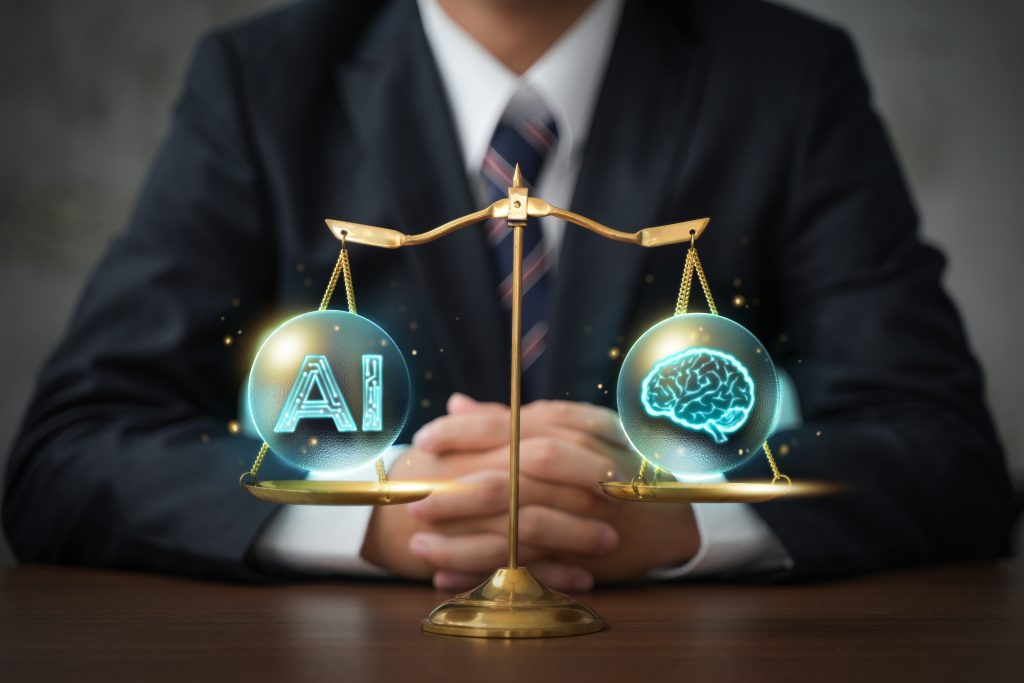
- AI advancements are transforming cyber threats, lowering entry barriers for attackers and enabling sophisticated, autonomous hacking systems, social engineering, and swarm attacks.
- Defensive strategies must evolve with predictive, AI-powered tools to counter rapidly adaptive AI-generated threats, which will outpace traditional security measures.
- Ethical, regulatory, and technical challenges accompany the integration of AI in cybersecurity, necessitating transparency, accountability, and robust defenses against misuse.
The rise of AI technology is fundamentally reshaping the cybersecurity landscape, making sophisticated cyberattacks more accessible to a broader range of attackers. AI-powered tools lower technical barriers, allowing even unsophisticated actors to launch advanced attacks by automating vulnerability detection, exploitation, and real-time adaptation. These tools, which democratize cyberattacks, could turn sophisticated hacking into point-and-click operations available on the dark web. The result is a proliferation of threats, with attackers leveraging AI for autonomous hacking systems, hyper-personalized social engineering, and large-scale swarm attacks.
AI also presents challenges in distinguishing between human-led and AI-driven threats. AI-generated attacks operate at unprecedented speed and scale, often exhibiting nonlinear patterns and real-time adaptability. Defensive strategies must therefore integrate AI-driven detection and behavioral analytics to identify these anomalies. Furthermore, attackers are expected to target AI defense systems themselves, employing tactics like AI model poisoning to undermine security mechanisms.
The future of cybersecurity will see AI threats evolve further, with attackers leveraging predictive ransomware, IoT exploitation, and vulnerabilities in APIs. These advancements will demand an equally sophisticated response, requiring organizations to implement AI-powered defenses capable of anticipating, adapting to, and neutralizing new threats. Ethical considerations, including data privacy and bias in AI systems, will also play a critical role as organizations adopt these technologies.
Ultimately, the cybersecurity battle will become a contest between competing AI systems, with success hinging on rapid adaptability, predictive capabilities, and a proactive approach to managing the evolving threat landscape. Organizations failing to integrate advanced AI defenses risk falling behind in a rapidly escalating cyber battlefield.


Leave a Reply
You must be logged in to post a comment.